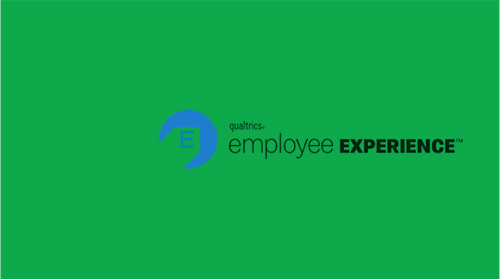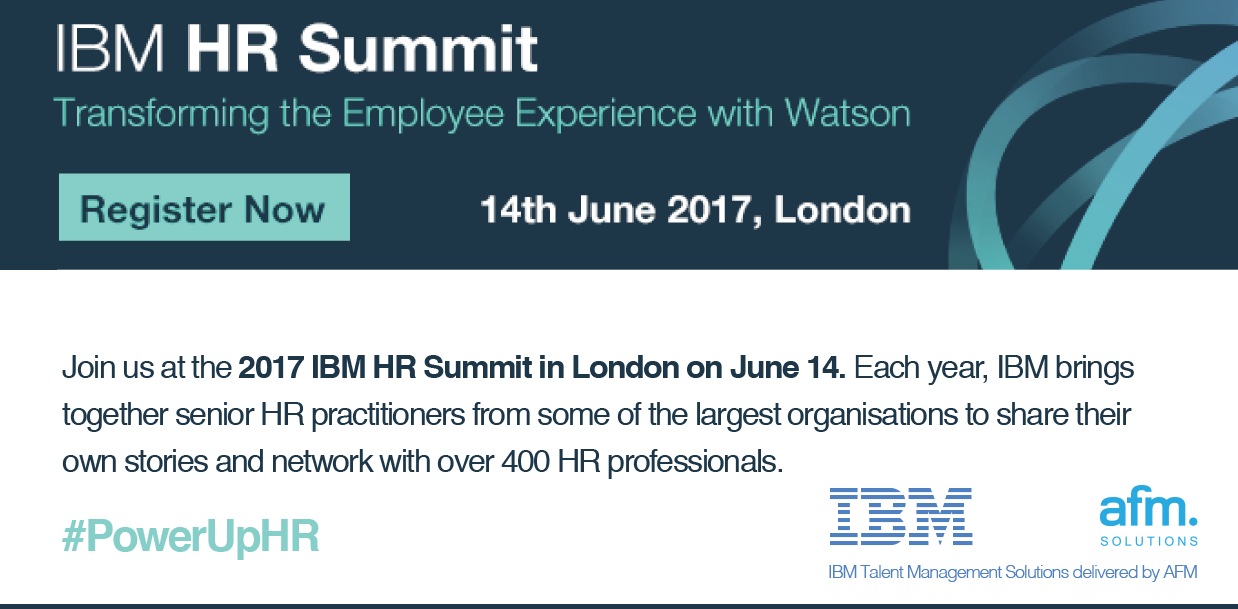This shift from experimentation through scale to impact is a massive undertaking. It is the province of leaders asked to orchestrate value in ways once unimaginable and now attainable. Leaders will need to exert their best and rally their teams and partners to do a number of things at once:
Focus on framing and scaling business platforms for maximum impact. To rediscover the core of the enterprise and shape new market opportunities for competitive advantage, leaders will need to have a sure sense of their organisations’ direction—their ambition and intent—backed up by a detailed blueprint of what it will take to get them there. They will need to think through and lay out new guide bars and control systems for the robust governance of organisations that move fast and, on any given day, have multitudes of concurrent changes underway.
Prioritise the design and deployment of differentiating intelligent workflows. Workflows are the building blocks that underpin the platform’s differentiating advantage and expose new value pools. Because intelligent workflows require exponential technologies orchestrated at scale and the intensive upskilling of the workforce, identifying which workflows to build out first will be particularly important. Helping to make sure that the organisation’s data and AI is fit-for-purpose becomes a C-suite imperative.
Strengthen and elevate the enterprise experience of everyone in the ecosystem The outside-in and inside-out transformation of platforms and workflows culminates in—and is subsequently sustained by—purpose-led experiences. The leader’s role to communicate that purpose and bring it to new life is at the heart of everything they do. Paired with a strong commitment to demonstrably raise the skills of its workforce as well as its value proposition with partners, the enterprise experience is where leaders architect a new future by performing at their personal best.
Enable your workforce for resiliency
Enhance employee engagement and productivity, reskill your workforce faster, and reimagine ways of working to become an adaptive, skills-based, and AI-powered organisation.
International Business Machines Corporation (IBM) is an American multinational technology company headquartered in Armonk, New York, with operations in over 170 countries. The company began in 1911, founded in Endicott, New York, as the Computing-Tabulating-Recording Company (CTR) and was renamed "International Business Machines" in 1924. IBM is incorporated in New York. Today, IBM is not only a manufacturer and software and hosting business, it is also a major research organization, holding the record for most U.S. patents generated by a business (as of 2020) for 27 consecutive years.
IBM is one of 30 companies included in the Dow Jones Industrial Average and one of the world's largest employers, with over 300,000 employees. IBM employees have been awarded five Nobel Prizes, six Turing Awards, ten National Medals of Technology (USA) and five National Medals of Science (USA).








